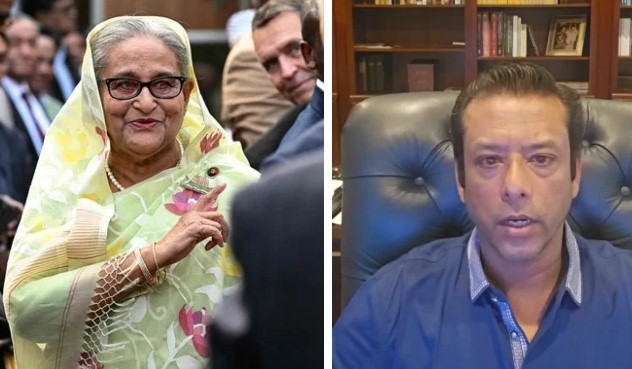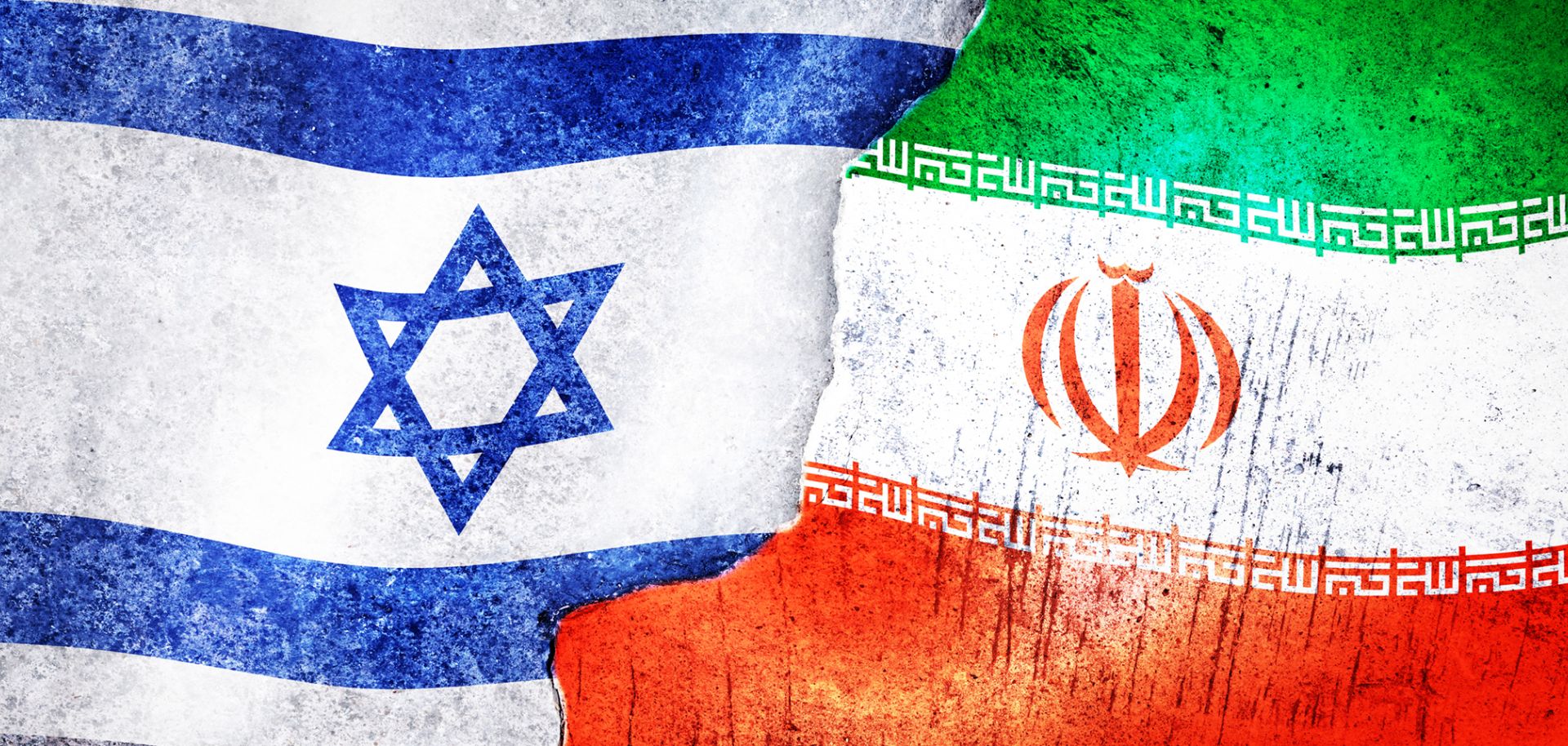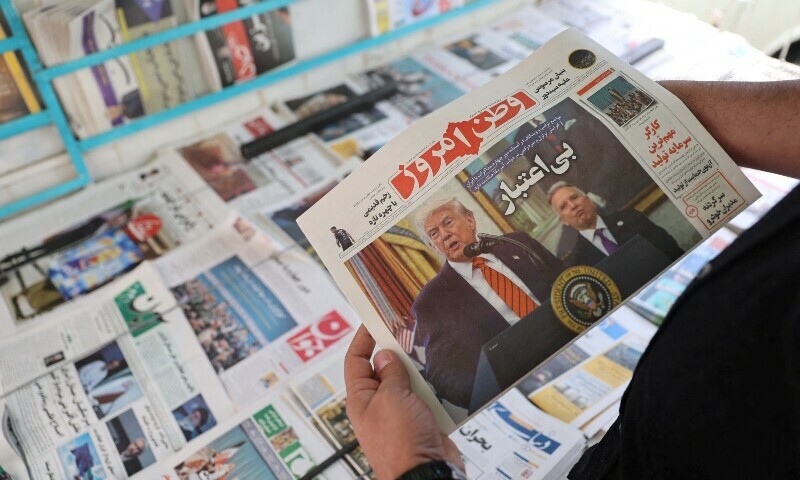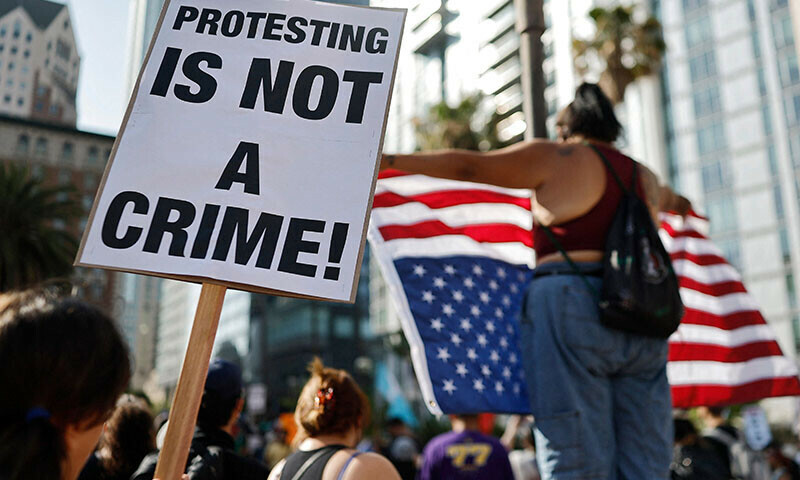WORLD NEWS

After a month of violent protests against the quota system, Prime Minister Sheikh Hasina Wajid has resigned and left the country for India. The resignation comes as Bangladesh faces significant political unrest and calls for her resignation from hundreds of thousands of protesters.
Resignation and Departure
According to reports from news agencies, Prime Minister Hasina Wajid stepped down and left Bangladesh for India. Indian media has further claimed that she plans to travel to Finland from India.
Sajeeb Wajid Joy's Appeal to Security Forces
About an hour before Hasina Wajid's resignation, her son Sajeeb Wajid Joy, who serves as her Information and Communication Technology advisor, released a video message on social media. In the video, Sajeeb Wajid Joy, who is currently based in the US, urged the country's security forces to prevent any seizure of power.
He emphasized the duty of the army to protect the people and uphold the constitution, stating, "It is your duty to protect our people and our country and uphold the constitution, which means not allowing an unelected government to come to power even for a minute."
Concerns for Bangladesh’s Future
Sajeeb Wajid Joy warned that removing power by force would threaten the integrity of Bangladesh and reverse the progress made over the years. He expressed concerns that the country would regress into a crisis from which it might not recover.
In his message to the army, he stressed, "All the progress of our country will end, the positive changes that have taken place in so many years will be the same, the country will go backwards, and then Bangladesh will not be able to come out of this crisis."
Negotiations for Interim Government
Following Hasina Wajid's resignation, Bangladesh Army Chief General Waqar-ul-Zaman announced that he is in talks with major political parties, including the Bangladesh Nationalist Party (BNP), to establish an interim government.
In an address to military personnel, General Waqar-ul-Zaman affirmed the army's commitment to stand with the people, stating, "The army has always stood with the people and will continue to stand."
Background of Protests
The protests, which turned violent, were initially sparked by the controversial 30% quota in government jobs for the children of the 1971 war fighters. Despite the Supreme Court abolishing the quota system, student groups continued their demonstrations, demanding justice and announcing a march to Dhaka as part of their civil disobedience campaign. The unrest has resulted in significant casualties, with 200 people reported dead last month.




